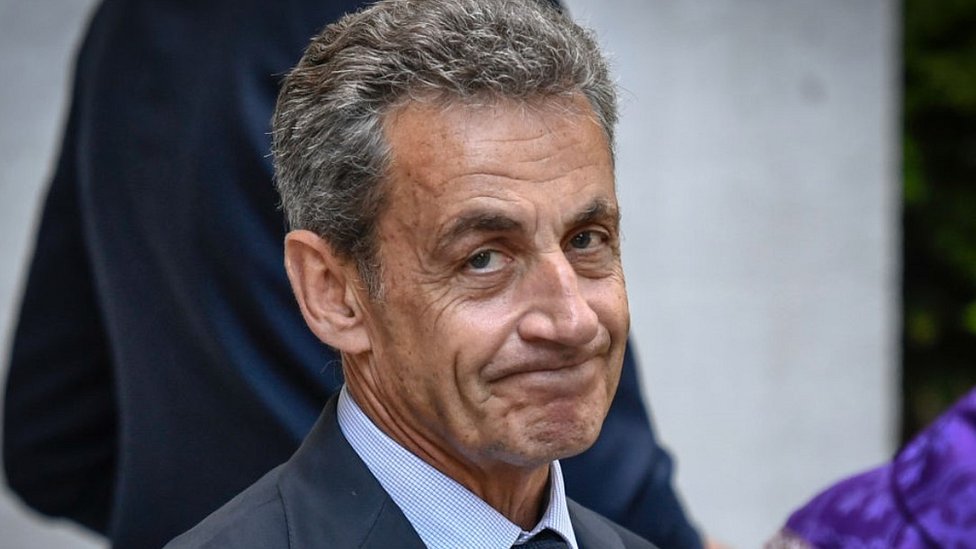Former French President Nicolas Sarkozy has been sentenced to five years in prison by a Paris court after being convicted of criminal conspiracy related to alleged illegal funding of his 2007 presidential campaign by Libya under the late dictator Muammar Gaddafi.
The verdict marks a significant moment in French political history, as Sarkozy becomes the first former French head of state to face prison time in connection with campaign financing misconduct tied to a foreign government.
Court Ruling: Sarkozy Guilty of Conspiracy, Not Corruption
Although the court acquitted Sarkozy of several other charges, including passive corruption, illegal campaign financing, and concealing embezzled funds, it found him guilty of criminal association in efforts to secure money from Libya. The alleged conspiracy spanned from 2005 to 2007.
The court concluded that Sarkozy allowed his inner circle to approach Libyan officials to request funds for political purposes, even if there was no concrete evidence that the money actually reached his campaign.
The judge clarified that under French law, a corrupt scheme does not need to involve the successful transfer of money to be considered a criminal offense.
Imprisonment Regardless of Appeal
In a rare move, the court ruled that Sarkozy must serve the sentence even if he launches an appeal, which he has vowed to do. However, the court allowed some leniency by not ordering immediate incarceration; instead, prosecutors have one month to decide when Sarkozy must report to prison. He was also ordered to pay a fine of €100,000.
Political Allies Also Convicted
Two key figures from Sarkozy’s presidency, Claude Guéant and Brice Hortefeux, were also found guilty of criminal association. Prosecutors argued they were instrumental in seeking financial backing from Gaddafi’s regime. While the court stopped short of stating that Sarkozy personally received illegal funds, it held him responsible for his aides’ actions.
Sarkozy Denounces Verdict, Maintains Innocence
Following the ruling, Sarkozy expressed deep concern over the judgment’s implications for judicial integrity in France. Standing alongside his wife, Carla Bruni-Sarkozy, the former president declared his intent to appeal, “I will fight right after until the end to prove my innocence in this affair.”
He described the verdict as “extremely serious” and said it reflects a troubling shift in how justice is delivered, adding that the judges “want to see me sleep in prison as soon as possible.”
Context: A Long-Running Case With Global Implications
The case has captured global attention for over a decade. Sarkozy, who served as president from 2007 to 2012, was accused of accepting millions in cash from Gaddafi’s regime in exchange for helping restore Libya’s international reputation.
Sarkozy has consistently claimed the charges are politically motivated. The trial, which lasted three months, featured testimony from former ministers, Libyan officials, and investigators. While the verdict stopped short of confirming that illicit funds were used in the 2007 campaign, the court emphasised that the act of seeking such funding was itself criminal.
Looking Ahead
This judgment is not the end of Sarkozy’s legal woes. He still faces additional inquiries and trials related to separate allegations, but this case stands as the most politically and diplomatically significant of them all.
With Sarkozy’s appeal now imminent, France waits to see how the country’s legal system handles the next chapter in this long-running political saga.


